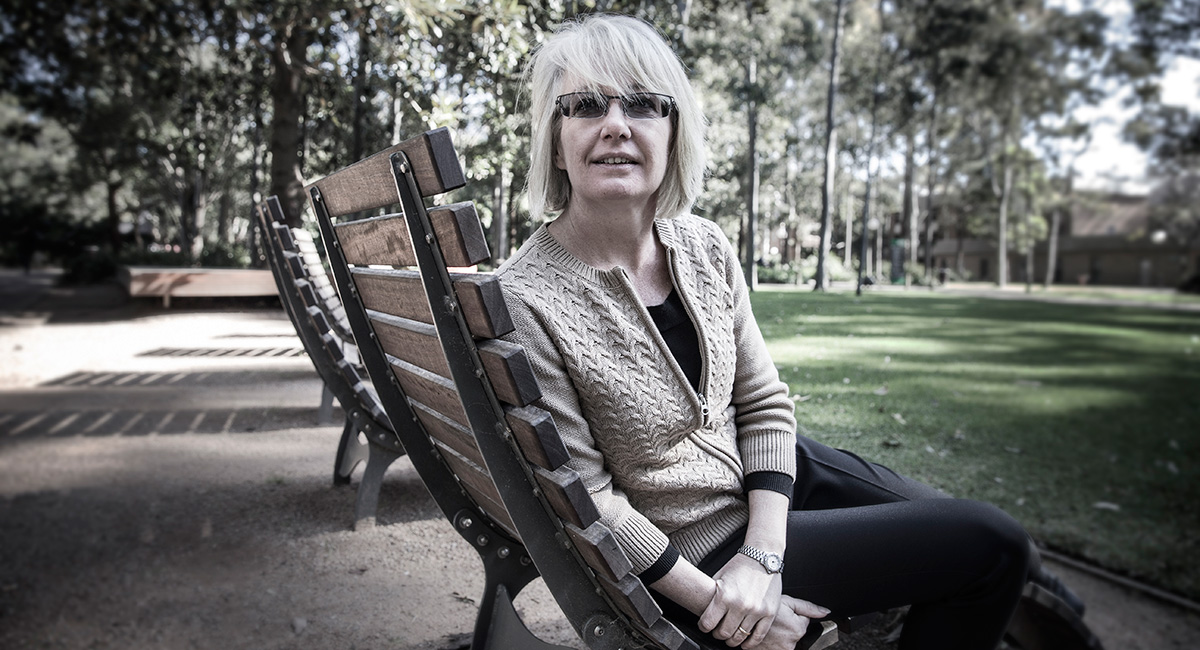July 21, 2015
Breaking down the barriers to higher education
National fellowship to encourage more first-in-family students to study at university.
Education expert Dr Sarah O’Shea (pictured) has received a coveted National Teaching Fellowship to investigate ways to attract and retain the growing number of first-in-family students attending university.
The Australian Government Office for Learning and Teaching (OLT) fellowship is one of only 11 funded in 2015 and builds on a previous OLT grant that enabled Dr O’Shea and her team to develop the website firstinfamily.com.au, which provides advice and support for education providers and students. The fellowship supports Dr O’Shea to work exclusively with university providers across Australia in an emerging area within the student equity field.
Dr O’Shea, from the Early Start Research Institute, said more than 50 per cent of Australian tertiary education students are the first in their family to go to university and that number is increasing.
“First in family students, which includes those attending university immediately after school and later in life, often have additional pressures to contend with in their higher education journey. These can include reassuring family members they have made the right choice, being a role model for others in the family and community and not having someone close to them whom they can approach for advice or support.”
While there is substantial evidence that demonstrates these students may be at a higher risk of dropping out compared to those who have a family history of university attendance, there is a lack of reliable programs in place to help them, Dr O’Shea said.
“Our understanding about how this student group navigate and engage in higher education remains limited and we fear they may be slipping through the cracks,” Dr O’Shea said, adding that the first step is to engage more directly with the families of these students.
“This can include creating meaningful opportunities for children, parents, siblings and significant others to come on-campus, as well as encouraging students to include their family members in their study,” she said.
As part of the fellowship, Dr O’Shea will assist universities around Australia to develop their outreach programs that help learners and their families in their transition to university and also retention in this environment.
Dr O’Shea said Australian universities need to positively reframe outreach programs, which at the moment are focused on specific groups, such as those from lower socioeconomic backgrounds or diverse linguistic and cultural backgrounds.
“Adopting a focus on those who are first-in-family avoids the possibility of stigmatisation that may be associated with outreach or university support programs. This fellowship deliberately avoids singling out specific equity populations and recognises that many of these students will also be the first in their family to attend.
“Rather than students being defined as lacking wealth, language or ability, how much better to welcome them and their families by celebrating being the first,” she said.
The fellowship’s outputs include the further development of a set of national principles on teaching and supporting first-in-family students attending university and a range of resources for education providers to help them better mentor this student group.
